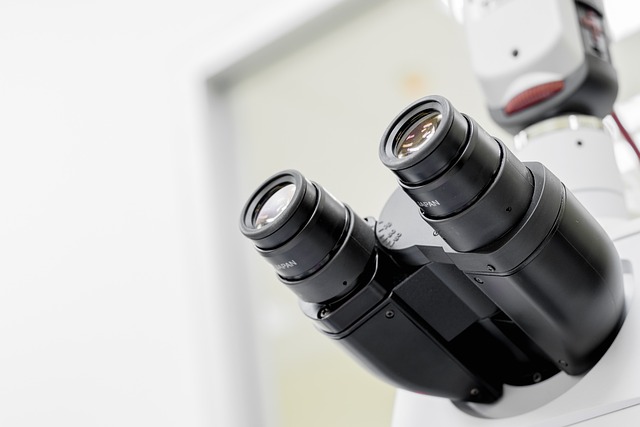
Boosting Innovation: The Power of Knowledge Sharing in Science, Technology, and Workplace Culture
In today’s rapidly evolving landscape of science and technology, the significance of knowledge sharing cannot be overstated. It acts as the lifeblood of innovation, a catalyst that transforms ideas into reality. Whether in high-tech laboratories or bustling offices, the way we communicate and exchange information directly impacts our ability to innovate and solve complex problems.
In the realm of science, the collaborative spirit of knowledge sharing has led to groundbreaking discoveries. Researchers building off each other’s work empower a culture of curiosity and exploration. Consider the collaborative research projects that have yielded significant advancements in medicine, from vaccine development to genetic therapy. These achievements owe much to the willingness of scientists to share findings and methodologies, turning isolated breakthroughs into collective triumphs.
Technology, too, thrives on open lines of communication. The tech industry has long embraced concepts such as open-source platforms, where developers share code that others can build upon. This ethos enables rapid iterations and fosters a community of innovation that propels technology forward. When developers share their challenges and solutions, they not only elevate their own work but also enhance the capabilities of their peers. The net result? A thriving ecosystem that encourages creativity and experimentation.
However, the impact of knowledge sharing is not limited to scientific and technological frontiers alone; it also permeates workplace culture. Organizations that prioritize communication and collaboration see marked improvements in employee engagement and productivity. When knowledge flows freely across departments, teams become more cohesive, capable of tackling challenges more effectively. Brainstorming sessions that welcome diverse perspectives spark new ideas, while mentoring programs nurture talent and facilitate the exchange of skills and experiences.
Moreover, fostering a culture of knowledge sharing can help bridge generational gaps in the workplace. Seasoned professionals can mentor younger employees, imparting valuable insights rooted in experience, while fresh graduates can introduce modern approaches and technologies. This mutual exchange not only enhances skills but also builds a sense of community, creating a more inclusive environment where all voices are heard.
Interestingly, technology itself plays a crucial role in enabling knowledge sharing within organizations. Collaboration tools, intranet systems, and even social media platforms have made sharing information easier and more efficient than ever. By leveraging these tools, teams can maintain continuous dialogues, ensuring that vital knowledge is not confined to silos but is accessible to those who need it most. As a result, companies that embrace these technologies foster a culture of innovation that adapts to changing demands and challenges.
It is essential, however, to recognize that fostering an environment conducive to knowledge sharing requires intentionality. Organizations must create policies and frameworks encouraging openness while also valuing the sharing of both successes and failures. Emphasizing psychological safety allows employees to share ideas without fear of criticism, driving a culture that not only welcomes innovation but actively seeks it out. Leaders play a pivotal role in modeling the behavior they wish to see, demonstrating that sharing knowledge is integral to the organization’s success.
As we move further into an age defined by rapid technological advancement and global connectivity, the necessity of knowledge sharing becomes even more pronounced. Individuals and organizations that prioritize the free exchange of ideas will not only thrive in their respective fields but will also contribute to a more innovative and collaborative society. In embracing knowledge sharing, we unlock the potential for limitless discovery and transformation, propelling us toward a brighter collective future.



